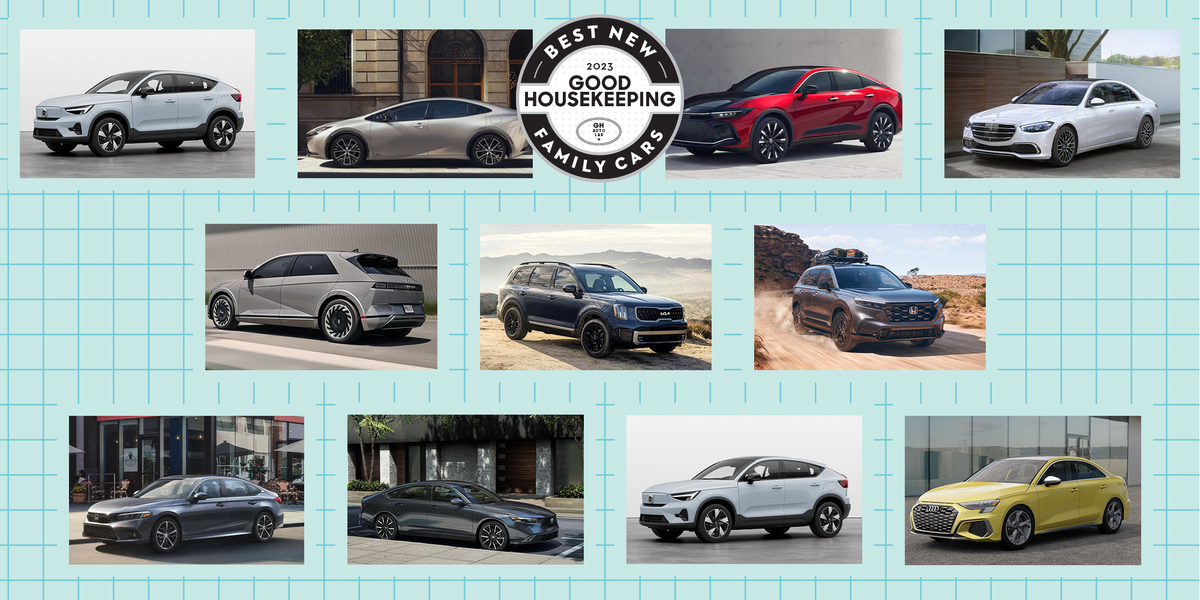The Bernard Rodriguez Journal
Exploring the latest trends and stories in news and lifestyle.
Is Your Next Car a Gas Guzzler or a Green Machine?
Discover if your next car will drain your wallet or save the planet. Uncover the truth about gas guzzlers vs. green machines now!
The True Cost of Owning a Gas Guzzler vs. a Green Machine
Owning a gas guzzler may seem appealing at first, especially with the allure of power and performance. However, the true cost of these vehicles extends far beyond the purchase price. According to the Edmunds True Cost to Own calculator, owners of gas guzzlers face significantly higher fuel expenses due to poor fuel efficiency. Over time, these costs can add up to thousands of dollars, not to mention the increased expenses from higher insurance premiums and potential repairs. In contrast, green machines, such as hybrids or electric vehicles, typically offer lower operational costs, which can lead to substantial savings over the vehicle's lifetime.
Furthermore, the environmental impact of driving a gas guzzler cannot be ignored. These vehicles contribute significantly to greenhouse gas emissions, which are a major factor in climate change. On the other hand, green machines not only reduce carbon footprints but also benefit from various government incentives, such as tax credits and rebates, as highlighted by the U.S. Department of Energy. Transitioning to a green machine can lead to lower fuel costs, reduced emissions, and potential savings through incentives, making them a more responsible and financially viable choice in the long run.

Top 5 Features to Look for in Eco-Friendly Vehicles
When shopping for eco-friendly vehicles, it's crucial to focus on features that enhance sustainability without compromising performance. First and foremost, fuel efficiency is essential; look for vehicles with high miles per gallon (MPG) ratings or electric models offering long-range capabilities. Additionally, advanced regenerative braking systems not only enhance energy efficiency but also extend battery life, making them a smart choice for environmentally conscious drivers. For in-depth information about fuel efficiency, you can check out EPA Fuel Economy.
Another key feature to consider is eco-friendly materials used in the vehicle's interior and exterior. Many manufacturers are now utilizing recycled or sustainable materials to reduce their carbon footprint. Moreover, ensure the vehicle comes equipped with the latest clean technology, such as hybrid or hydrogen-fuel options, which can significantly reduce air pollution. For a comprehensive guide on eco-friendly materials and innovations, visit AutoTrader. Finally, assess the vehicle's overall lifecycle impact, including how it is manufactured, maintained, and recycled at the end of its life cycle.
Is an Electric Car Right for You? Key Considerations
When considering whether an electric car is right for you, there are several key factors to evaluate. First and foremost, range is crucial; assess your typical driving habits to determine if the car's range aligns with your daily needs. While many modern electric vehicles (EVs) can travel over 200 miles on a single charge, your routine may require more flexibility. It’s also essential to consider where you can charge your vehicle—having access to a home charging station or convenient public charging locations can make a significant difference in your overall experience. For more insights on the range of popular electric cars, visit Energy.gov.
Another vital consideration is the cost of ownership. While the initial price of an electric car may be higher than that of a traditional gasoline vehicle, potential savings can come from lower fuel and maintenance costs. EVs tend to have fewer moving parts, which may lead to reduced repair bills over time. Additionally, various federal and state incentives can help offset the purchase price. To better understand the financial implications and potential savings, check out the details on Fueleconomy.gov.